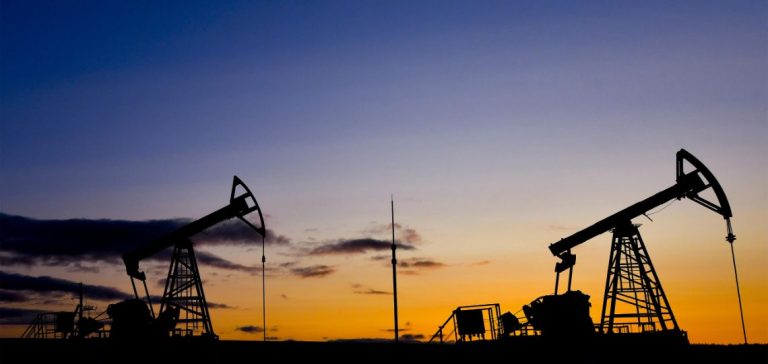The decision by OPEC+ to increase oil production in December raises questions within the global energy market. Alexander Novak, the Russian Deputy Prime Minister, stated that it is too early to assess whether the market is ready to absorb additional volumes. This announcement comes as the organization examines the possibility of gradually lifting the production cuts implemented since 2022.
OPEC+, which includes influential countries like Russia and Saudi Arabia, has already reduced their production by 5.86 million barrels per day (bpd), representing about 5.7% of global demand. This strategy aims to stabilize oil prices amid current economic uncertainties. However, the prospect of an increase of 180,000 bpd in December is being questioned due to recent market developments.
Current State of the Oil Market
Despite a slight increase in global demand by 1.8 million bpd this year, the U.S. Energy Information Administration (EIA) forecasts a slowdown in demand growth for 2024. This slowdown is attributed to weakened economic activity in China and North America, which could limit the market’s ability to absorb an increase in oil supply.
The planned production increase in December was initially scheduled for October but was delayed due to falling oil prices. Novak emphasized that OPEC+ continues to closely monitor the daily market situation before making a definitive decision. This caution reflects the need to adapt quickly to economic fluctuations and changes in global energy demand.
Influence of Economic and Geopolitical Factors
Global economic uncertainties play a crucial role in OPEC+’s decisions. Energy demand, traditionally lower in autumn and winter, is also affected by sanctions imposed on Russian oil and responses from American production. These factors complicate OPEC+’s ability to balance supply and demand while aiming for price stability.
Saudi Energy Minister Prince Abdulaziz bin Salman indicated that OPEC+ always has options to adjust its policy based on market conditions. This flexibility is essential to respond to the unpredictable dynamics of the global economy and geopolitical tensions that can influence oil markets.
Future Prospects and OPEC+ Meeting
The semi-annual OPEC+ meeting scheduled for December 1 will be decisive for the group’s future production policy. Novak mentioned that the meeting’s location is not yet confirmed, whether it will be held online or in person. Discussions will focus on possible production adjustments based on the latest economic data and demand projections.
Market analysts are closely monitoring economic indicators and consumption trends to anticipate OPEC+’s decisions. An increase in production could put additional downward pressure on oil prices, already weakened by economic uncertainties. Conversely, continuing production cuts could support prices but risk slowing economic recovery in certain regions.
Impact on Global Economies
OPEC+’s decisions have significant repercussions on global economies, especially those dependent on oil exports. An increase in production could benefit consumers by reducing prices but could also affect the revenues of producing countries. Additionally, oil price fluctuations influence energy costs and the competitiveness of industries worldwide.
Uncertainties surrounding sanctions on Russian oil and potential responses from American production add a layer of complexity to OPEC+’s decisions. These geopolitical dynamics can influence production strategies and alliances within the group, making it difficult to predict the future direction of the oil market.
Conclusion and Stakes for OPEC+
The oil market remains in a phase of uncertainty, with OPEC+ striving to navigate economic pressures and geopolitical realities. Ongoing negotiations and the evolution of global demand in the coming months will be crucial in determining the future direction of oil production. Balancing price stabilization with supply adjustment will remain a major challenge for OPEC+ in a constantly evolving global context.






















